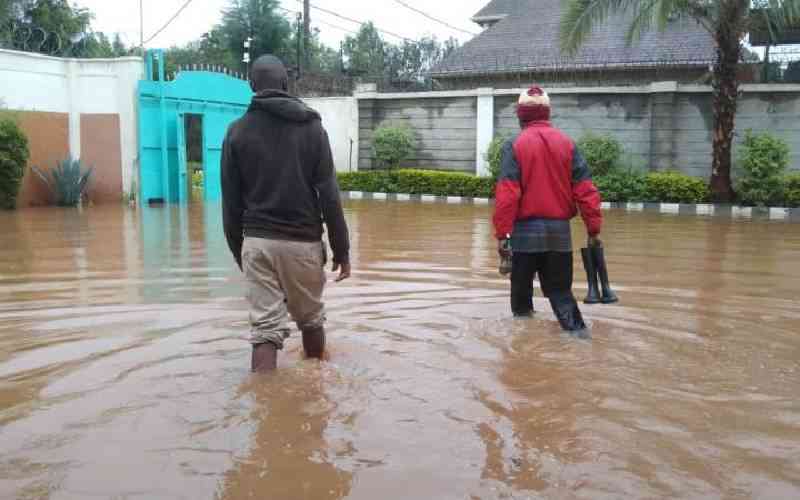×
The Standard e-Paper
Fearless, Trusted News

God has forever shown kindness to Kenya, a nation often grappling with water scarcity and now, we are witnessing an unusual meteorological phenomenon - abundant rainfall!
I am literally writing this article amid the rain while in Naivasha for a great couple's retreat session during a month that has always been considered the driest for many years.